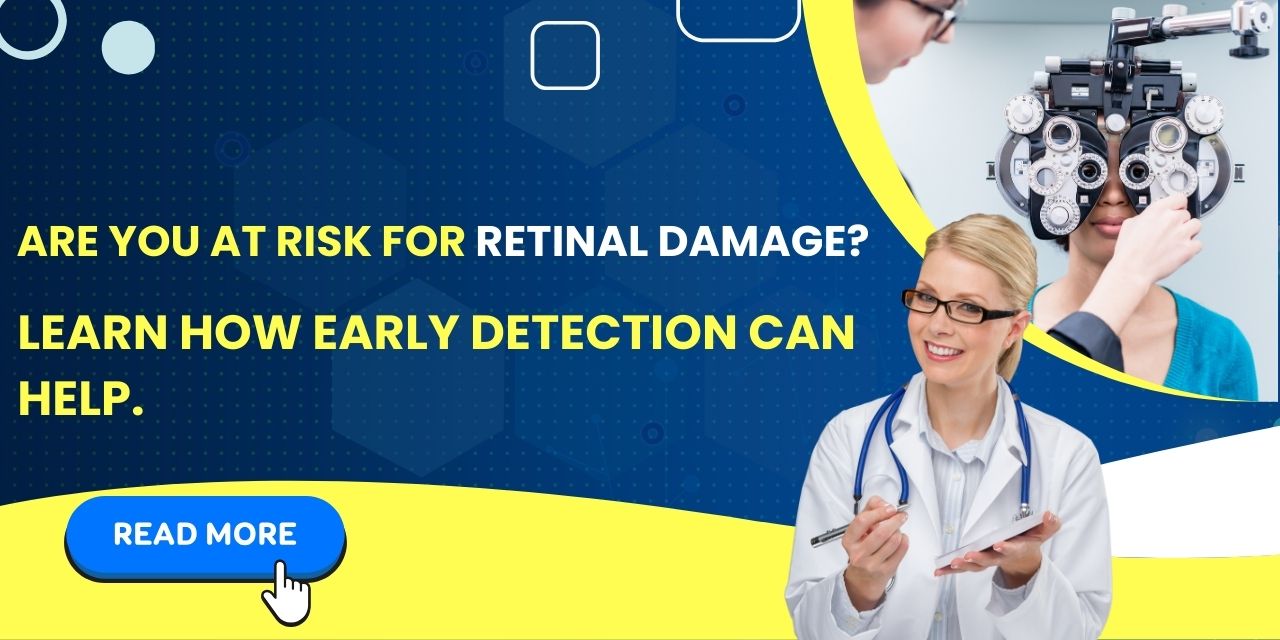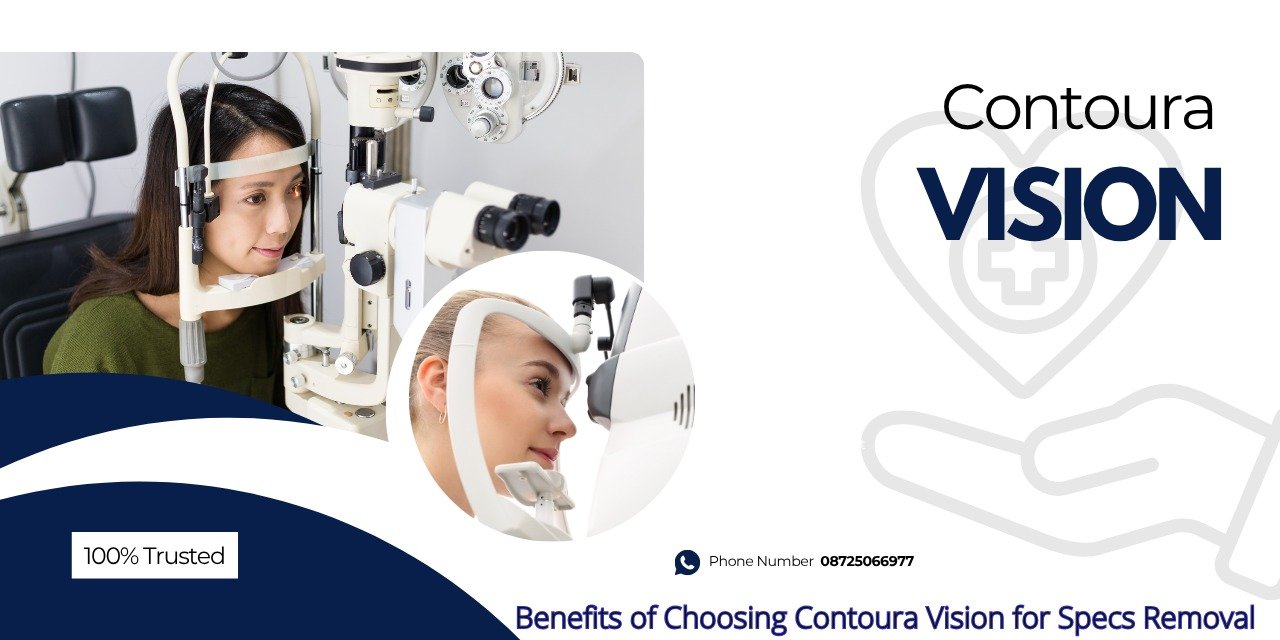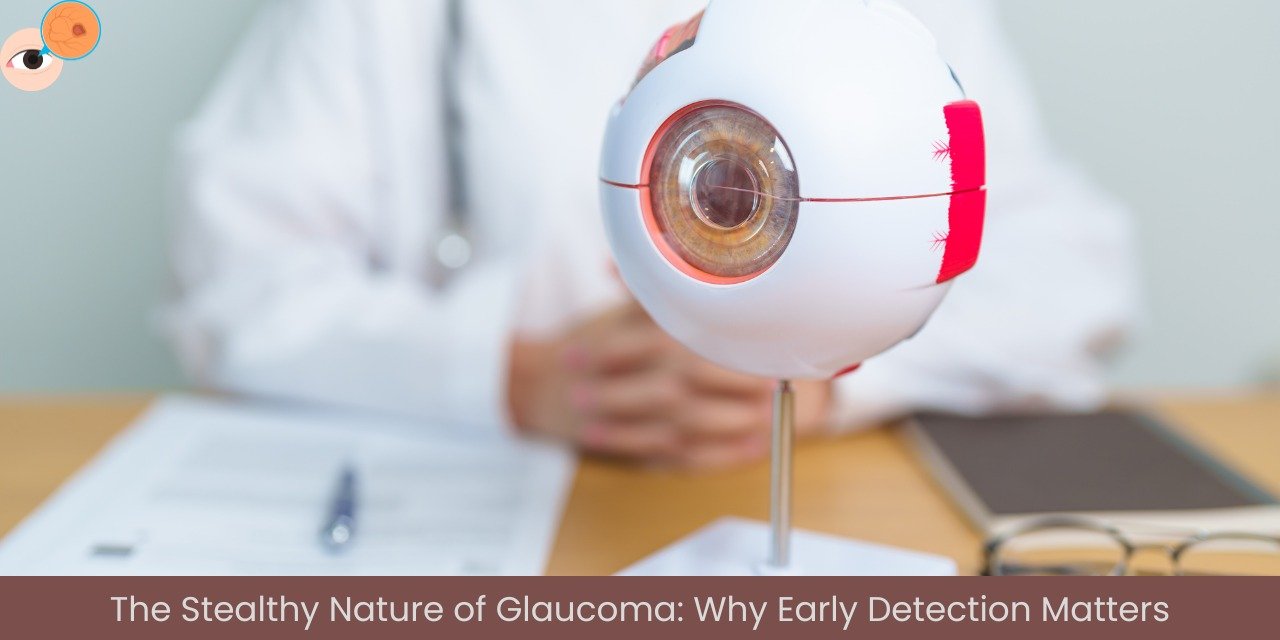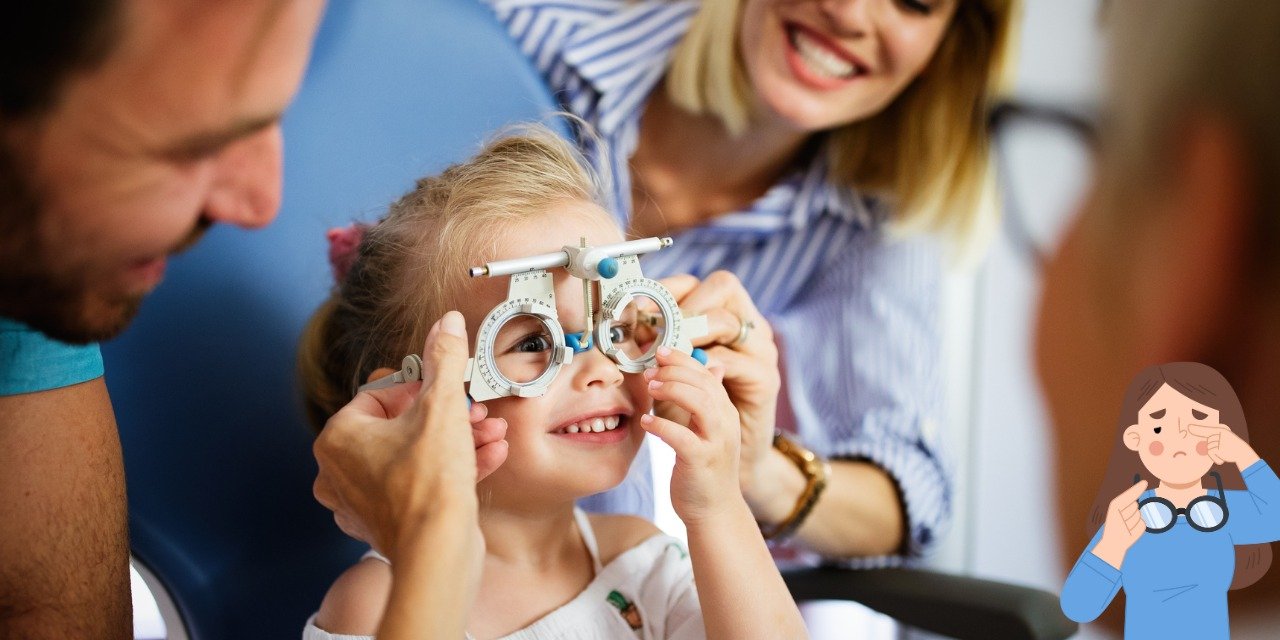The retina, a delicate layer of tissue located at the back of the eye, plays a crucial role in vision. It captures light that enters the eye and converts it into neural signals, which the brain interprets as visual images. Any damage to the retina can lead to significant vision loss, and in severe cases, blindness. Understanding how early detection of retinal issues can save your sight is vital for maintaining eye health.
Understanding the Retina and Its Importance
The retina is often compared to the film in a camera. It receives light, processes it, and sends signals to the brain via the optic nerve. These signals are what allow us to see. The retina consists of millions of light-sensitive cells, known as rods and cones, which are responsible for our ability to see in low light and to perceive color.
Because the retina is such a critical part of the eye, any damage to it can have serious consequences. Conditions like retinal detachment, diabetic retinopathy, and age-related macular degeneration (AMD) are among the most common retinal issues that can lead to vision loss.
Common Retinal Disorders and Their Impact on Vision
➽ Retinal Detachment
Retinal detachment occurs when the retina separates from the back of the eye. This condition is a medical emergency, as the longer it goes untreated, the higher the risk of permanent vision loss. Symptoms include sudden flashes of light, floaters, and a shadow or curtain over part of your visual field.
➽ Diabetic Retinopathy
Diabetic retinopathy is a complication of diabetes that affects the blood vessels in the retina. High blood sugar levels can damage these vessels, leading to leakage, swelling, and eventually, vision loss. Early stages may not present any symptoms, which is why regular eye exams are critical for diabetics.
➽ Age-Related Macular Degeneration (AMD)
AMD is a leading cause of vision loss in older adults. It affects the macula, the central part of the retina, leading to a gradual loss of central vision. This can make it difficult to read, drive, and recognize faces. While there is no cure for AMD, early detection can slow its progression.
The Importance of Early Detection
Early detection of retinal disorders is crucial for preventing permanent vision loss. Many retinal conditions do not show symptoms in their early stages, which means that individuals may not realize they have a problem until significant damage has occurred. Regular eye exams are the most effective way to detect retinal issues early.
➤ Comprehensive Eye Exams
During a comprehensive eye exam, an eye doctor will use special instruments to look at the retina and other parts of the eye. This allows for the detection of any abnormalities, such as tears, swelling, or blood vessel changes.
➤ Specialized Imaging
In some cases, additional imaging tests, such as Optical Coherence Tomography (OCT) or Fluorescein Angiography, may be needed. These tests provide detailed images of the retina, helping the doctor to identify problems that may not be visible during a standard exam.
➤ Monitoring and Treatment
If a retinal condition is detected early, treatment can be started right away. Treatments vary depending on the condition but may include laser therapy, injections, or surgery. Early intervention often leads to better outcomes and can prevent further vision loss.
Prevention and Management
While some retinal conditions are unavoidable, others can be prevented or managed with proper care. Here are some tips for protecting your retinal health:
- Maintain a Healthy Diet
Eating a diet rich in leafy greens, fruits, and omega-3 fatty acids can support eye health. - Control Blood Sugar
If you have diabetes, keeping your blood sugar levels in check is essential for preventing diabetic retinopathy. - Regular Eye Exams
Even if you don’t have vision problems, regular eye exams are important for detecting issues early. - Protect Your Eyes
Wearing sunglasses and protective eyewear can shield your eyes from harmful UV rays and injury.
Frequently Asked Questions
➩ What are the early signs of retinal detachment?
Early signs include flashes of light, sudden onset of floaters, and a shadow or curtain over your vision. Immediate medical attention is needed.
➩ How often should I get my eyes checked if I have diabetes?
It’s recommended to have a comprehensive eye exam at least once a year if you have diabetes, even if you’re not experiencing any symptoms.
➩ Can age-related macular degeneration be cured?
While there is no cure for AMD, early detection and treatment can slow its progression and help maintain vision for longer.
➩ What makes PC Sharma Eye Hospital Ambala the best choice for eye treatment?
PC Sharma Eye Hospital Ambala is recognized for its advanced diagnostic and treatment options, experienced medical staff, and commitment to patient care, making it the best eye treatment hospital in Ambala.
Conclusion
Your vision is precious, and taking steps to protect your retinal health is essential. Early detection of retinal issues through regular eye exams can prevent serious vision loss. If you are experiencing any symptoms like flashes of light, floaters, or difficulty seeing clearly, don’t delay in seeking medical attention.At PC Sharma Eye Hospital Ambala, Dr. P.C. Sharma, the best eye doctor in Ambala, offers comprehensive eye exams and advanced treatments for a variety of eye conditions, including retinal disorders. To get more information please contact us on ::+919896081381













